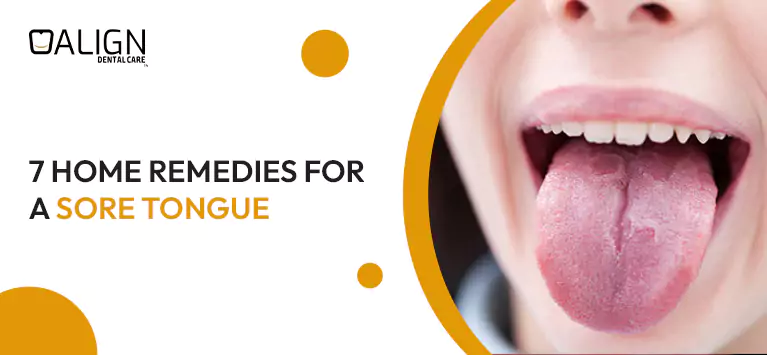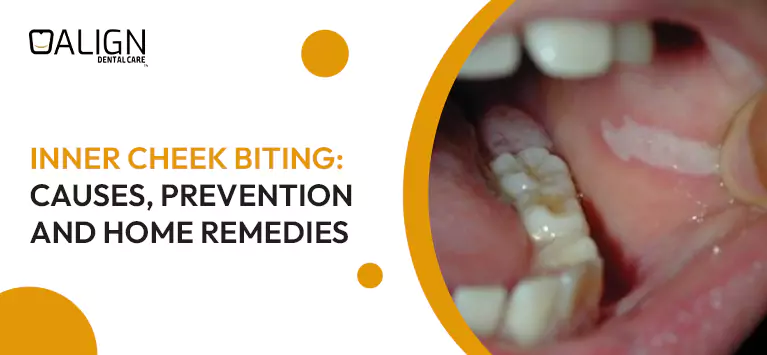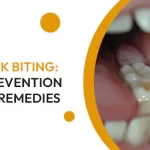Have you ever had a sore tongue that made it hard to eat or talk? How do I make it feel better fast? Your tongue might hurt from accidentally biting it, eating something too hot, or getting a canker sore. These things can make it sore and uncomfortable. There are plenty of simple and natural home treatments for sore tongues that can help alleviate the pain and promote healing. This blog post will explore practical ways to soothe your sore tongue.
Causes of Sore Tongue
These are some of the most common reasons your tongue might feel sore.
- Accidental bites or cuts
- Burns from hot food or beverages
- Oral thrush or yeast infection
- Allergic reactions
- Vitamin deficiencies
While most cases of a sore tongue heal independently with time and proper care, it’s essential to avoid further irritation and practice good oral hygiene for faster recovery.
Home remedies to cure tongue ulcers
These natural remedies can help alleviate pain and discomfort associated with a sore tongue:
Aloe Vera Gel

A naturally occurring plant with calming and restorative qualities is aloe vera. Applying a small amount of pure aloe vera gel directly onto the tongue ulcer can help reduce inflammation and relieve pain. Aloe vera contains compounds that promote tissue repair and regeneration, which can aid in the healing process. For best results, apply the gel several times daily, thoroughly covering the affected area.
Honey

Honey’s antibacterial and anti-inflammatory qualities have been utilised for generations as a natural treatment for a wide range of illnesses. Applying a small amount of honey onto the tongue ulcer can help reduce inflammation and soothe discomfort. Honey creates a protective barrier over the ulcer, preventing further irritation and promoting healing. Mixing honey with warm water to make a mouthwash can provide additional relief and help keep the mouth clean. However, using pure, raw honey for its medicinal benefits is essential, as processed honey may not have the same healing properties.
Coconut Oil

There are different oil to treat cancer sores. Coconut oil contains lauric acid, a fatty acid with antimicrobial properties that can help fight off bacteria and promote healing. Swishing a tablespoon of coconut oil in the mouth for a few minutes before spitting it out can help reduce inflammation and relieve pain. Coconut oil also helps moisturize the mouth, preventing dryness and promoting tissue repair. Applying coconut oil directly to the tongue ulcer can create a protective barrier and help speed up healing. Do this multiple times a day for optimal effects.
Rinse with Salt Water

Mouthwashes with saltwater are an easy and efficient method of killing oral bacteria and reducing irritation. Mix a teaspoon of salt into a glass of warm water and swish it around in the mouth for about 30 seconds before spitting it out. Salt water helps remove fluid from the ulcer, reducing swelling and discomfort. It also creates an inhospitable environment for bacteria, preventing infection and promoting healing. For best results, rinse the mouth with salt water several times daily, especially after meals and bedtime.
Gentle Brushing

Using a soft-bristled toothbrush, gently clean the teeth and tongue to remove any food particles or bacteria that could irritate the ulcer. Be careful not to brush too vigorously, as this can further aggravate the soreness. Brushing the tongue helps remove dead cells and debris, promoting healing and preventing infection. Rinse the mouth thoroughly after brushing to remove any remaining toothpaste or debris. Maintaining good oral hygiene is essential to avoid further irritation and promote healing of the tongue ulcer.
Chamomile Tea

Chamomile tea is known for its soothing and anti-inflammatory powers, which are perfect for calming down the ulcer. Once the chamomile tea is brewed, allow it to cool to room temperature. Then, swish it around your mouth a few times a day like a refreshing mouthwash. The chamomile’s soothing properties can help ease the pain and reduce inflammation.
Avoid Irritants

Avoid spicy, acidic, and rough-textured foods that can worsen the pain and irritation. Stick to softer, bland foods like yogurt and mashed potatoes until the ulcer heals. Avoiding irritants gives your tongue the best chance to recover quickly and comfortably.
Final thoughts
Dealing with a sore tongue can be challenging, but these natural remedies can help. These remedies relieve and aid healing, whether it’s accidental bites, burns, or other issues like oral thrush. Remember good oral hygiene, avoid irritants, and be gentle with your mouth. If soreness persists, see a healthcare professional. With these remedies, you can find relief and enjoy life without discomfort.
















